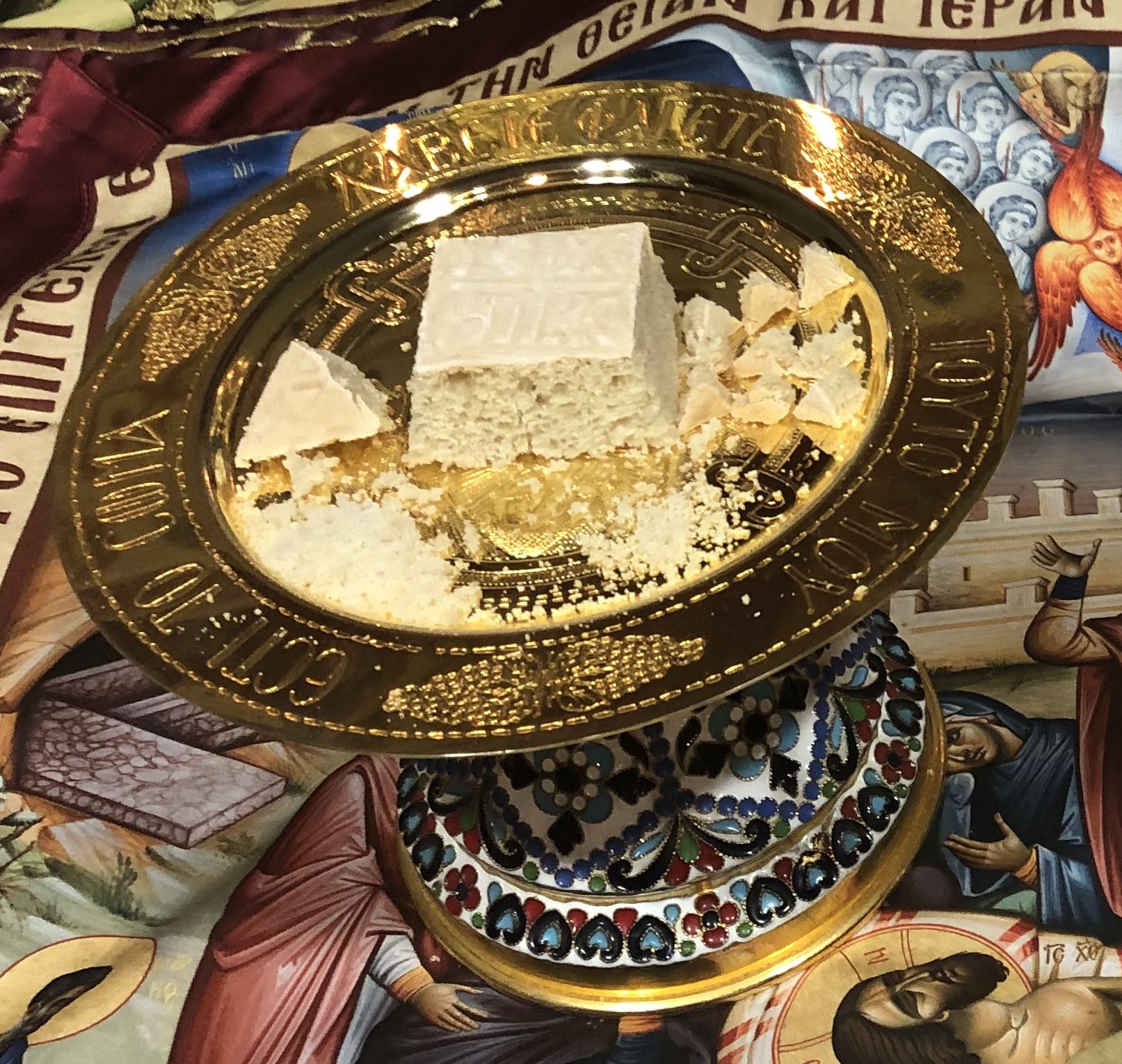One of the criminals who were hanged railed at Him, saying, “Are you not the Christ? Save yourself and us!” But the other rebuked him, saying “Do you not fear God, since you are under the same sentence of condemnation? And we indeed justly; for we are receiving the due reward of our deeds; but this man has done nothing wrong.” And he said “Jesus, remember me when You come into Your kingdom.” And He said to him, “Truly, I say to you, today you will be with Me in Paradise.”
Luke 23:39-43
One of the most beautiful and hopeful things about Christianity is that it is never too late to start, well, provided that you are still alive. And one of the most hopeful stories in the entire Bible is the account of the repentant thief on the cross. As someone once said to me, “he was such a good thief, he stole Paradise in the last moment.” Here is his story.
The thief on the cross, who is not given a name in the Bible, is actually a saint in the Orthodox Church. While various Christian traditions have assigned him different names, he is known in the Orthodox world as “Dismas” which means “sunset” or “death.” He is referred to in the Apocryphal Gospel of Nicodemus. (Taken from orthodoxwiki.org/Dismas_the_thief)
Crucifixion was the most horrific method of capital punishment employed by the Romans. It was painful, it took a long time to die this way, it was done in public and was humiliating. It was reserved for the worst of criminals. So here was a man whose society had decided that imprisonment wasn’t enough, and even execution wasn’t enough, he needed crucifixion, he needed the most heinous ending possible.
Jesus was crucified in between two thieves, Dismas, and the other one, known as “Gestas” (see Orthodoxwiki). Gestas, the unrepentant thief, railed at Jesus, saying “are you not the Christ? Save yourself and us!” (Luke 23:39) He saw Jesus as a way to cheat death and cheat Rome. Maybe he was just in a desperate amount of pain and was shouting for any shred of relief. The repentant thief, however, took a different approach. The sign over Jesus read “Jesus of Nazareth, the King of the Jews.” (John 19:19) He would have had some inkling as to who Jesus was. He said, “Jesus, remember me when you come into Your kingdom.” And He said to him, “Truly, I say to you, today you will be with Me in Paradise.” (Luke 23:42-43)
Many of you might be thinking “Ok, great, deathbed confession gets it done!” And that’s true, that worked for the repentant thief. It is up to the Lord to grant Paradise to whomever He chooses. That is correct. We also hold, in the Orthodox Church, that our salvation is a combination of faith, works, and grace that saves us. (The best analogy for how salvation works is found by taking a cup, rocks and water. A cup is a structure, that is our faith, the structure of what we believe. The rocks represent works. A cup that is empty is not useful. Rocks spread out over a table have no order, they go everywhere. Put the rocks in the cup. Works are supposed to be done in the context or under the umbrella of faith, otherwise the works are ultimately self-serving. A cup filled with rocks is still not full. Pour water into the cup of rocks and ultimately all the empty spaces are filled. Water is grace, the grace of God that completes what is lacking in every life. How big must the cup be? How many rocks must be in it? How much grace can we count on? There is no quantifying these things.)
Now back to the thief, these three elements were actually present. There was faith, as he turned to Jesus and asked Jesus to remember him. There was ONE work, and that was directed at the other thief. As the unrepentant thief railed at Jesus, the repentant one looked at him, actually with some degree of compassion. He asked him, “Do you not fear God, since you are under the same sentence of condemnation? And we indeed justly; for we are receiving the due reward of our deeds; but this Man has done nothing wrong.” (Luke 23:40-41) He cared in the moment for that other man and HIS salvation. That was his one good work and that was enough for Jesus to pour his grace on the man, telling him that he would be the FIRST to enter into Paradise.
Many times, we are tempted to put ourselves on the judgment seat. We want to say that “for sure” someone is in heaven. I know as a priest, many times people want me to put some kind of stamp of approval on their loved one, proclaiming that they are in heaven. Just like there are other Christians of other denominations who claim to “be saved.” For the Orthodox, salvation is a process, not a one-time event. The best way to describe our process of salvation is to compare it to marriage. I was married in a finite moment of time, on a specific day. I am married today, and I hopefully will be married a long time from now. But if I just took my wedding day as the statement, “I am married” and never did anything else, there is no way I’d still be married years later. Because marriage isn’t a one-time-for-all-time event, and neither is salvation.
I have the potential for salvation because Jesus died for my sins. I was saved when I got baptized and took my first steps towards salvation. I am being saved because of what I am hopefully doing today. And ultimately, I hopefully will be saved, but it will be by an act of God’s grace, it is not mine to claim. Salvation is something for which I can prepare, but which only the Lord can give. How much preparation is enough? This is His decision, not mine. In the case of the thief, this short encounter was enough.
I mentioned how many times we are tempted to put ourselves on the judgment seat to claim someone is for sure going to heaven. And many times, we are also tempted to put someone in hell. Like, they can’t possibly be going to heaven. And that also, is not ours to grant. Someone looking at the thief on the cross would for sure not have slated him for Paradise, and yet it was enough for the Lord.
What we know is that it is a combination of faith, works and grace that gets us into heaven. And from the story of the thief, we know that one can find salvation even at the last moment. The thief had an advantage that we do not have. He knew it was his last moment. And we do not generally know when our last moment is. Which is why we should not wait for the last moment.
My soul languishes for Thy salvation; I hope in Thy word. My eyes fail with watching for Thy promise; I ask, “When wilt Thou comfort me?” For I have become like a wineskin in the smoke, yet I have not forgotten Thy statutes. How long must Thy servant endure? When wilt Thou judge those who persecute me? Godless men have dug pitfalls for me, men who do not conform to Thy law. All Thy commandments are sure; they persecute me with falsehood: help me! They have almost made an end of me on earth; but I have not forsaken Thy precepts. In Thy steadfast love spare my life, that I may keep the testimonies of Thy mouth. Psalm 119:81-88
As long as you are alive, it is never too late to come to Christ!

